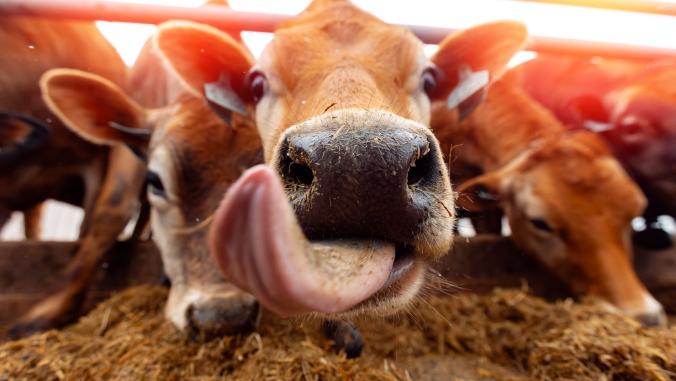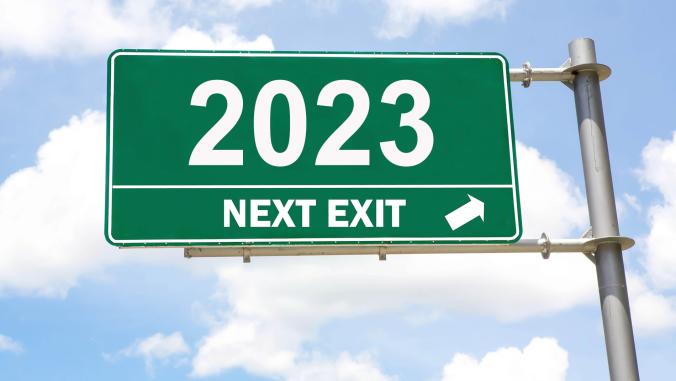Green Gamification Scores Points
<p>As part of our ongoing look at 2012 sustainability trends, we examine the trend of gamification for good. Will it work to move the sustainability needle forward, or will we be saying "Game Over" down the road?</p>

Badge image via Shutterstock.
This article is part of a series of excerpts from the fifth annual State of Green Business Report, looking at trends in corporate sustainability. Download the free report from GreenBiz.com, and see all of our trends here.
Also, be sure to register for a free webcast taking place on Tuesday, February 7: The State of Green Busines 2012 - The Good News and Bad is hosted by Joel Makower and dives in to all the findings of the report. Click here to register.
Making sustainability fun and accessible to the masses has long been a challenge for companies, government agencies, activist groups, and others. While the über-notion of "saving the planet" may be compelling, many of its constituent activities are easier said than done: reusing and recycling, turning off lights, buying greener products, driving less, and the like. That may partly explain why so many of us -- both at home and in business -- don't engage in greener behaviors, even when we know exactly what to do.
That could change, thanks to gamification, an admittedly kludgy word that describes using something called "game mechanics" -- points, badges, leaderboards, and other schemes -- to make ordinary activities fun and rewarding. Games have long been a business tool for effecting behavior change -- witness the decades-long success of frequent-flyer and other loyalty programs that reward customers for repeat business. In the past year or so, everyone from Samsung and Salesforce to Nike and the NHL have harnessed the power of games to incentivize and reward customers and employees.
Increasingly, games are part of companies' sustainability toolkits, providing rewards for making good, green choices. Consider the Nissan Leaf, one of the first mass-produced electric vehicles. Drivers using the car's "eco mode" software keep track of such variables as speed and power usage, receiving constant feedback from a display behind the steering wheel so they can improve upon efficiency. Their achievements are seen as on-screen trees. An online portal connected to the car's dashboard lets drivers know how well they are conserving energy, compared with other nearby drivers. The most efficient drivers receive virtual bronze, silver, gold, and platinum "medals." What had been solely a matter of personal virtue -- driving more efficiently -- has become a community activity.
Similarly, the Ford Fusion Hybrid uses a Tamogochi-style game, in which a small dashboard plant grows and shrinks based on green driving practices. SAP, the German software giant, has harnessed games as a key part of its employee-engagement program. "I haven't seen a single sustainability application that didn't use game mechanics," Mario Herger, SAP Labs senior innovation strategist, told GreenBiz last year. In Germany, for example, SAP employees earn points through a carpooling game called TwoGo, aimed at making carpooling easy and socially cool. Employees win points by entering information about themselves; the game matches them with drivers going where and when they need to get to work. Riders also earn points by such things as answering questions about their fellow riders. The game has been credited with taking thousands of cars off the road while helping build social ties among employees. Since many of these vehicles are company cars, there are direct cost savings to SAP.
Such technologies represent the next big leap in fomenting behavior change around sustainability. As consumer product companies jump on the gamification bandwagon, some are likely to use it to promote green behaviors -- and sell green products. The only question is one of market saturation: How many ways individuals will be willing to engage with companies and causes through their mobile phones and devices? If companies aren't able to keep such "games for good" fresh and exciting, continually upping the ante when it comes to rewards and incentives, it will be a short-lived phenomenon. By the end of the year, we'll know whether it will be "Game On" -- or "Game Over."
Badge image via Shutterstock.





